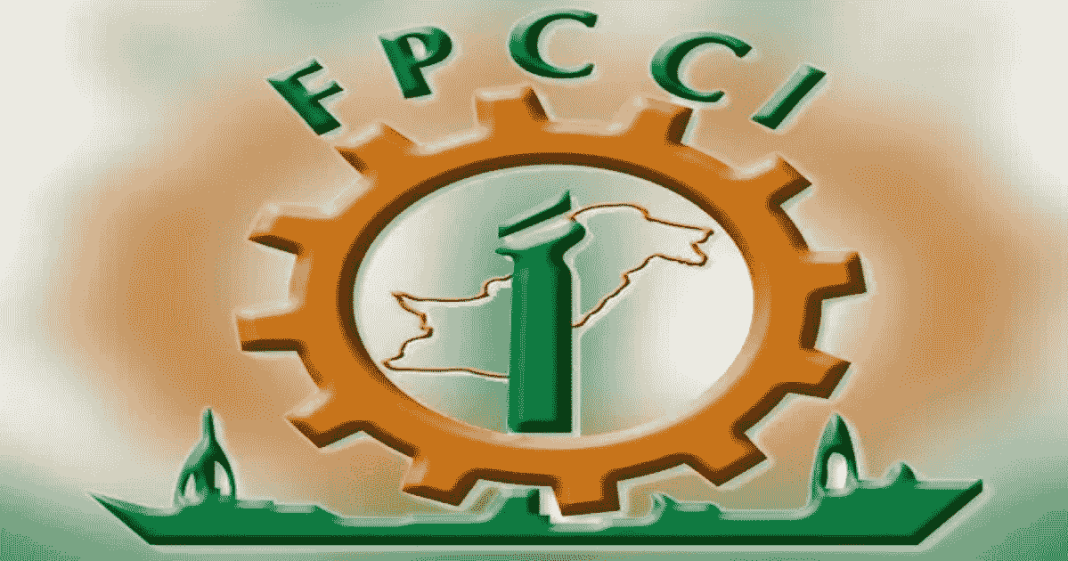‘Super tax’ of 10 percent on large industries which was introduced by the Prime Minister has been categorically denounced by Shabbir Mansha, Acting President Federation of Pakistan Chambers of Commerce and Industry (FPCCI). He claimed that large industries create large-scale employment in the country and already pay substantial corporate tax of 29 percent.
He added that no government in the world can levy a 39 percent tax on companies and sustain a thriving economy. Consequently, new private-sector and foreign investments would entirely drain in an uncompetitive market.
Read more: Why Pakistan needs a new tax model for economic prosperity
Primarily, 13 industries will be affected by the imposition of this tax: cement, steel, sugar, oil & gas, fertilizers, LNG terminals, textiles, banking, automobiles, cigarettes, beverages, chemicals, and airlines. All the other industries will have to pay 4 percent additional tax.
Acting FPCCI Chief also expressed surprise that the federal budget for 2022-23 was announced only two weeks ago, without mentioning of a super tax on businesses. It is a harsh, unjustified, and anti-industry measure.
Mr. Shabbir Mansha underscored FPCCI’s position that the government should not further push existing taxpayers and instead search for ways to broaden the tax net, as this is the only practical and sustainable way to generate more taxes without harming industries, exports, employment, and economic growth.
Read more: The misuse of taxation in Pakistan
Shabbir Mansha expressed deep concern that the Pakistan Stock Exchange (PSX) was shaken by the decision, and trading was forced to halt on Friday after the KSE-100 index dropped 2,055 points, or 4.81 percent, in just 20 minutes.
He stressed that the cost of doing business in Pakistan was already at an all-time high, and that the 13.75 percent interest rate would not let economic growth increase at a meaningful rate. Electricity and gas prices have already made us uncompetitive in terms of exports.
He also stated that the government should seek advice of stakeholders in industry and trade regarding the time and means through which interest rate can be brought down in order to facilitate the businesses to plan their year in accordance.
Mansha underlined that the imposition of PDL, even if done gradually, would completely destroy business competitiveness and fuel inflation like never before due to its multiplier effect. He demanded that the government include the business community in its commitment to the IMF on PDL.
The Acting FPCCI Chief has also emphasized the importance of beginning a consultative approach with stakeholders on the implementation status of the increase in electricity base tariff; the impending PDL imposition; and new or additional taxes, as these costs will concurrently destroy business sentiment and bring the industry to a standstill.
It should be noted that the UNDP’s Pakistan National Human Development Report 2020 claims that the country’s tax system does not markedly contribute to lowering inequality. The main reason for this was the small share of direct taxation, which was less than 20%.














